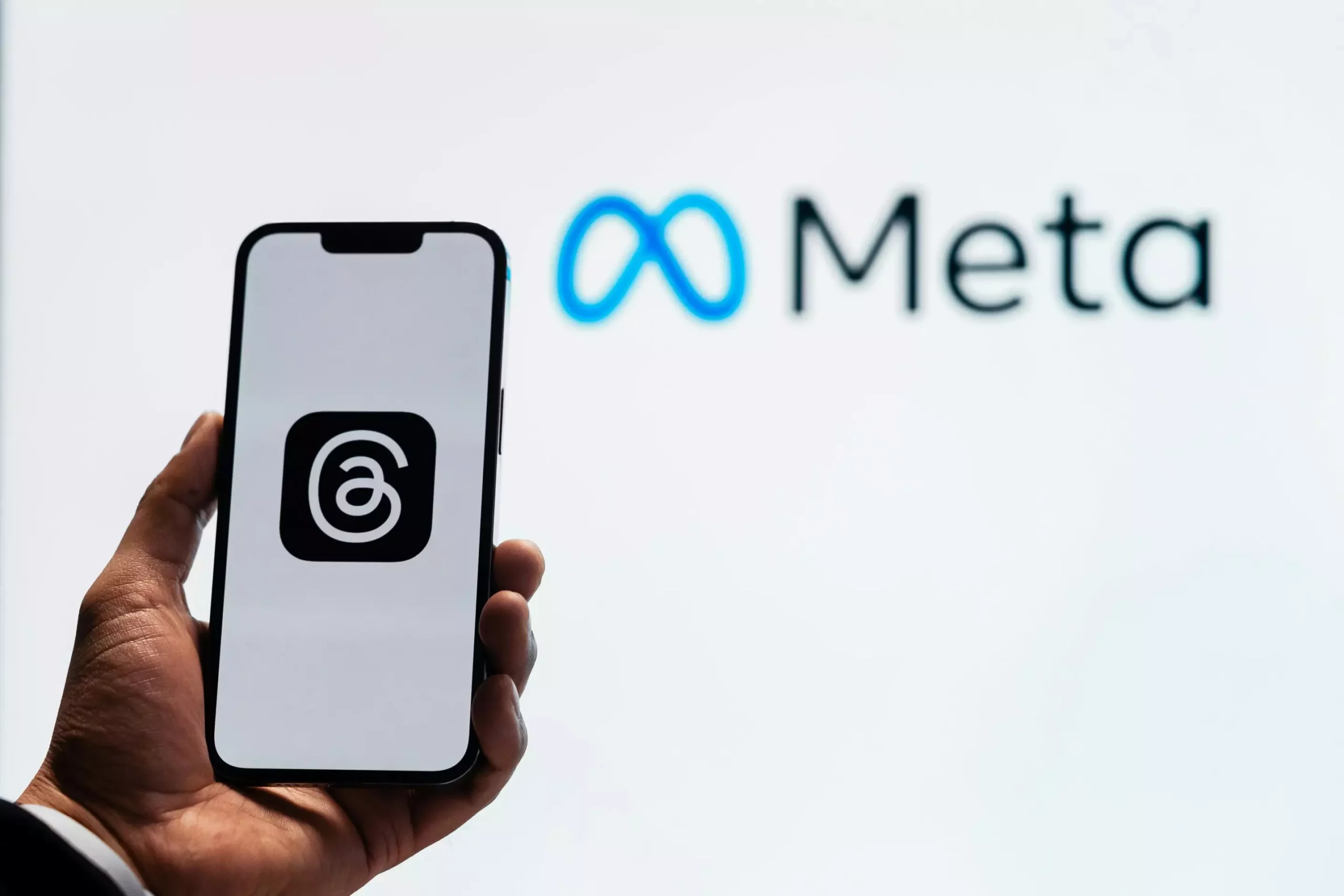The debate between open-source and closed-source AI has been gaining momentum in the tech world. While some companies prefer to keep their algorithms and datasets confidential, others are embracing transparency by making their AI models open to the public. Meta, the parent company of Facebook, recently took a big step in favor of open-source AI by releasing a collection of large AI models, including the groundbreaking Llama 3.1 405B model.
Closed-source AI, with its proprietary nature, restricts access to the inner workings of the models, datasets, and algorithms. Companies like Google and OpenAI keep their AI technologies confidential, making it difficult for regulators and the public to audit and monitor their systems. While closed-source AI may protect intellectual property and profits, it hinders innovation, accountability, and transparency within the AI community.
In contrast, open-source AI models offer transparency and collaboration opportunities. By making datasets and algorithms publicly available, developers, researchers, and even individuals can contribute to the development of AI technologies. This fosters innovation, rapid development, and helps in identifying biases and vulnerabilities in the models. Additionally, open-source AI models lower the barrier of entry for smaller organizations and startups, making AI technology more accessible to a wider audience.
Despite the advantages of open-source AI, it comes with its own set of challenges and ethical concerns. Quality control in open-source products may be lacking, making them more susceptible to cyberattacks and misuse. Hackers could exploit open-source code and data for malicious purposes, posing a threat to data privacy and security. Balancing innovation, intellectual property protection, and ethical considerations is crucial in the development and deployment of open-source AI.
Meta has emerged as a leader in promoting open-source AI with its release of the Llama 3.1 405B model. While the model is a significant step towards transparency, Meta has yet to release the massive dataset used to train it, highlighting the need for complete openness in AI development. Moving forward, achieving governance, accessibility, and openness in AI technology is essential for democratizing AI and ensuring its responsible use. Collaboration between government, industry, academia, and the public is key in addressing ethical concerns and promoting the inclusive and ethical development of AI for the greater good.
As we navigate the complex landscape of AI ethics and transparency, critical questions remain unanswered. How can we strike a balance between protecting intellectual property and fostering innovation through open-source AI? How can we address ethical concerns and prevent misuse of open-source AI technologies? These challenges demand thoughtful consideration and collaboration from all stakeholders to shape a future where AI benefits humanity as a whole. The responsibility lies with us to ensure that AI remains a tool for inclusion, innovation, and ethical advancement. The future of AI is in our hands, and it is up to us to steer it towards a path of transparency, accountability, and shared prosperity.


Leave a Reply